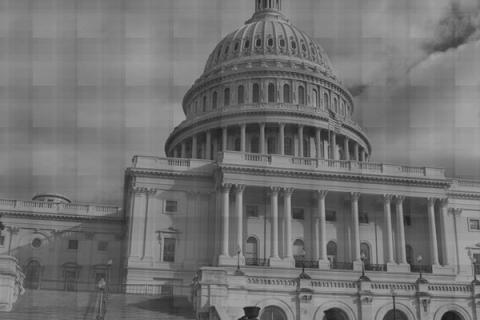In a fascinating poll conducted by Lake Research Partners, the professional polling company found that a full 75% of likely California voters in 2012 believe that possession of a small amount of illegal drugs for personal use should be downgraded from a felony crime to a misdemeanor.
The survey was conducted in late March by telephone with a sample population of 800 likely 2012 General Election voters in California. The study also found that 56% of California voters believe that too many people are imprisoned in California, and that support for downgrading personal drug use to a misdemeanor is strong and widespread, including majorities of Democrats (79%), Republicans (66%), and Independents (72%) who said they favored lessening criminal penalties for illegal drug possession even after hearing an opposing message.
While California drug politics often centers on cannabis, the survey did not name a specific drug, instead referring generically to illegal drugs in general. Interestingly, this means that if respondents understood the full implications of the survey questions, a solid majority of Californians believe that the use of narcotics, cocaine, and heroine should be treated as a misdemeanor, not a felony.
We've noted here before that trends toward decriminalization and treating drug use as a public health issue and not a criminal one are policies that have fared well wherever they have been tried. In Portugal for instance, drug use was decriminalized over a decade ago. Last year I wrote:
"Portugal has not only managed to avoid becoming a festering, unsavory trainwreck of rampant drug addiction and ruined lives- its drug situation has actually improved. By all indications, the country has more positive statistics on drug use than any other in the Eurozone as well as compared to the United States."
There's another interesting twist for politicians:
"A 41% plurality say they'd be more likely to support a state representative who reduced these penalties, compared to 15% who say they'd be less likely. Similarly, a state representative who voted against reduction is more likely to face a backlash, with 31% saying they'd be less likely to support that candidate and 18% saying more likely."
This means that California state politicians who vocally advocate for reducing drug-related penalties are helped, not hurt by that position. The survey results are just one more indication that liberalizing (in the classical sense of that word) drug laws is becoming more and more mainstream on the West Coast.

